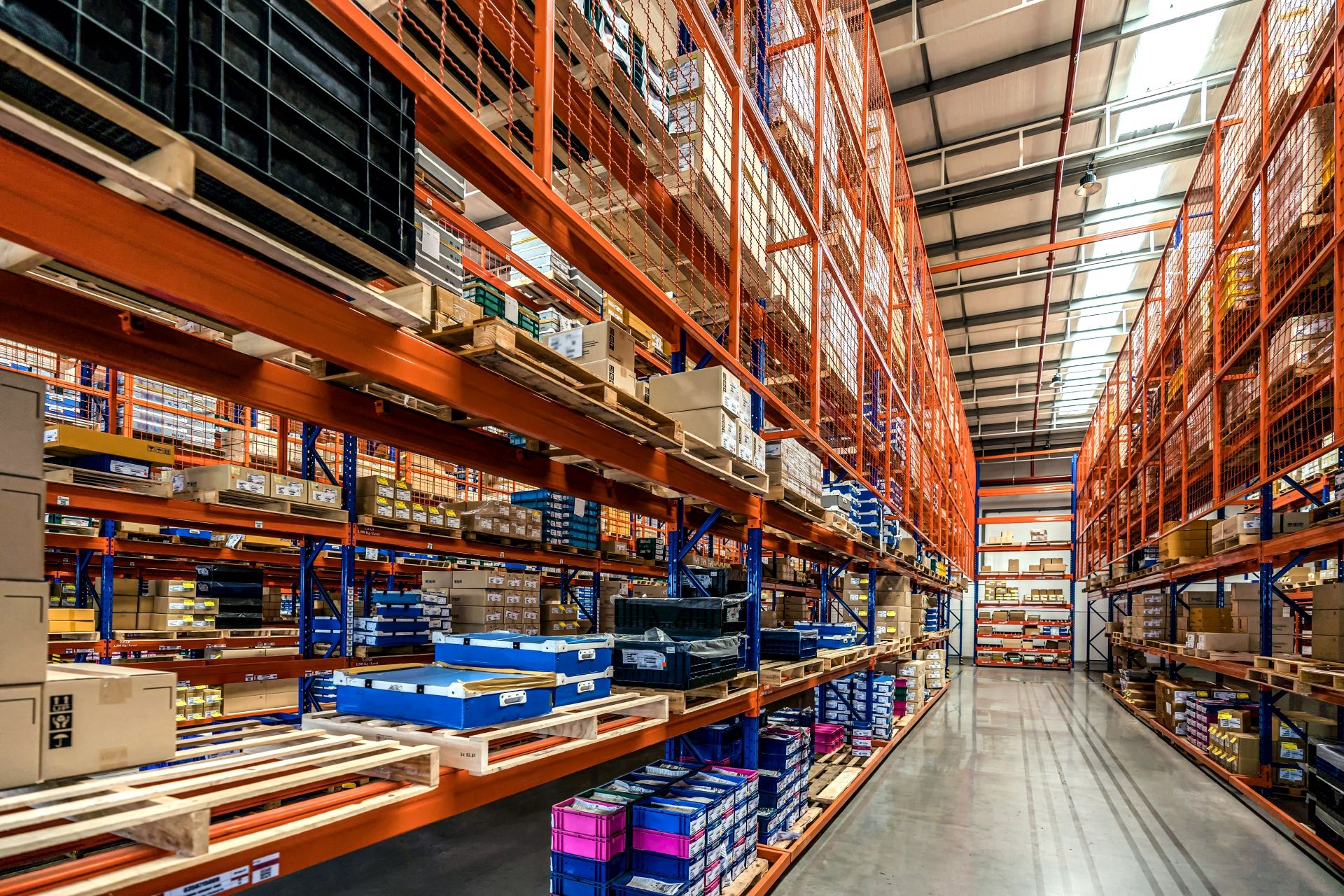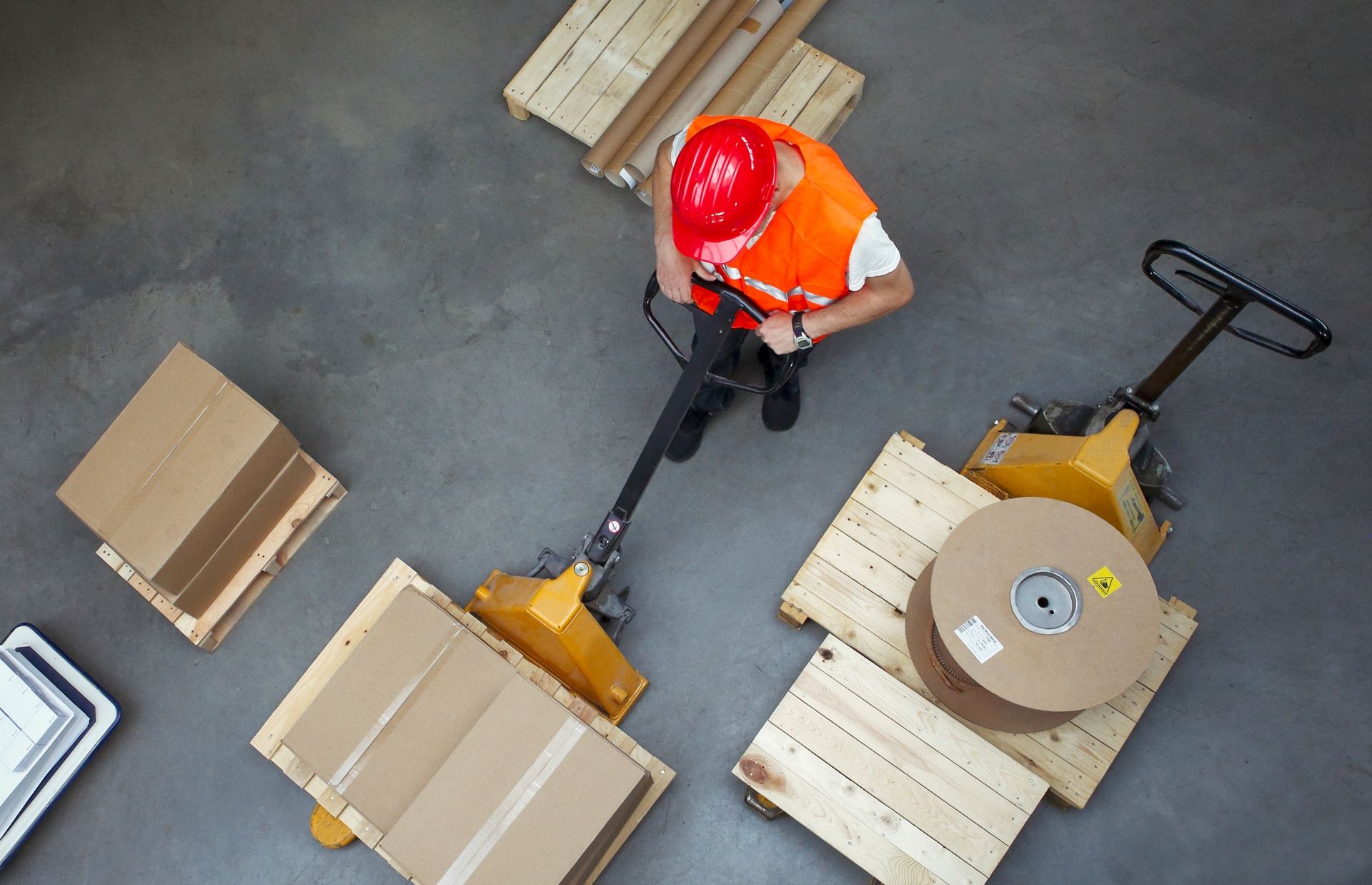Whether delivering to consumers or companies, the challenges for brands are similar. Pieter Van den Broecke, Managing Director Benelux and Germany at Manhattan Associates, explains how technical wholesalers are becoming more efficient and the role their supply chains are playing in the process.
Recently, I had an extensive conversation with the chief supply chain officer of a technical wholesaler. Interestingly, it was identical to the talks I have had with retailers lately too. Like his B2C counterparts, he talked about the impact of ecommerce and changing order profiles; he mentioned transformational themes, such as new marketplaces, microfulfilment centres and picking or shipping online orders from local branches. And he too, noticed that many of the developments already been set in motion back in 2019 were accelerated by the pandemic.
This conversation was not an isolated one. Almost all wholesalers - certainly the technical ones - apply the same omnichannel strategy as retailers and focus on fast and efficient fulfilment networks. They have central distribution centres, regional hubs and local service centres where products can be purchased, collected or returned, and, if the need arises, they can deliver a rush order to the workplace from these local service centres. All these concepts, which we already know from retail, are crucial for technical wholesalers looking to become more efficient and future-ready.
Supplier integration
There are more areas where technical wholesalers are trying to make a difference. Think of a rapidly growing product line, which enables them to act as a one-stop shop for their customers. Stocking full ranges of products is not cost-effective for any wholesaler, so the solution is to involve suppliers in the fulfilment process. They can deliver orders directly to customers or add the relevant products into the wholesaler’s fulfilment network at the right time. However, this is only possible if suppliers connect seamlessly, both digitally and physically, to a wholesaler’s fulfilment network.

A third element is transport. Virtually all technical wholesalers are organised nationally and have tiered distribution networks – in many cases, with their own transportation fleets. Even in the increasingly digital-first world of commerce, physical processes remain important, and every element of supplier integration needs to be have the right combination of smart digital processes and flawless physical operations.
All the concepts we know from retail are crucial to being able to make a difference as a wholesaler.
Increasing complexity
Complexity in the supply chain is increasing. Customers are placing smaller orders and demanding faster delivery times; but they are also not afraid to make last-minute changes to orders or even cancel them. At the same time, wholesalers are also experiencing the consequences of raw material and staff shortages and increased costs. The dilemma, as always, facing wholesalers is how to keep their promises to customers while preventing costs from spiralling out of control.

The answer is two-fold. First, it is key to implement an effective order management system which can provide insight into stock availability, allowing wholesalers to make the right promises to customers and organise fulfilment efficiently and reliably, whether or not involving suppliers. Secondly, is the symbiotic marrying of warehouse and transportation management systems that can simultaneously optimise the fulfilment network processes that little bit more.
Just think of the benefits of being able to make incoming goods available for customer orders even faster, or having the ability to adjust orders right up until the moment the truck leaves its dock. We can deliver tomorrow’s capabilities for you today.
Voor meer informatie, ga naar manh.nl
More information on manh.com/en-nl

Reacties 0